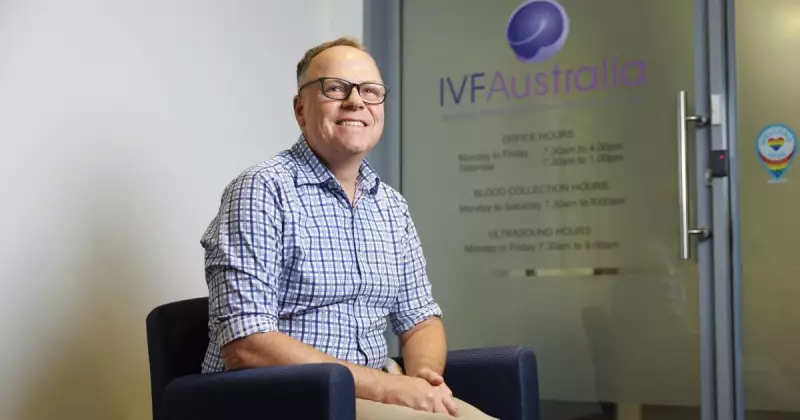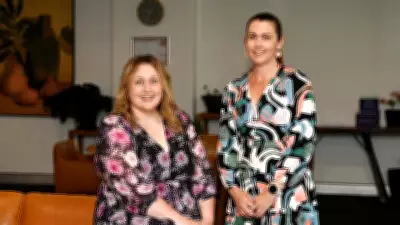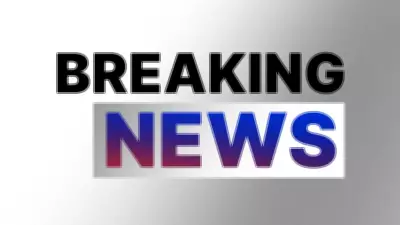
The ACT government is moving to reverse controversial fertility laws that brought donor egg and sperm supplies to a standstill, leaving hundreds of Canberrans in reproductive limbo over the past year.
Legislative Backflip After Industry Pressure
The Assisted Reproductive Technology Act 2024, passed in March last year, contained provisions that went further than any other Australian jurisdiction by allowing children conceived via donor gametes to access identifying information about their donor from birth, or from age 12 at the earliest.
While intended to provide greater transparency for donor-conceived children, the legislation had unexpected consequences that fertility providers say effectively halted the already limited supply of donor eggs and sperm in the territory.
ACT Health Minister Rachel Stephen-Smith has now apologised for the unintended impacts and introduced proposed changes to the Legislative Assembly that would raise the age for accessing identifying information to 16-18 years.
Patients Forced to Seek Treatment Interstate
Dr Sarah Broderick from Compass Fertility revealed the clinic could not access donor gametes for six months following the legislation's implementation. Some patients facing urgent medical situations, including cancer treatment or endometriosis surgery, were forced to travel interstate for fertility preservation.
"You're starting from scratch with a new clinician," Dr Broderick explained. "It's not nice to be displaced from your hometown, it's actually very frustrating."
The supply crisis pushed some desperate patients to seek untested sperm from strangers through underground markets, creating significant safety risks and bypassing important regulatory safeguards.
Industry Welcomes Changes But Warns of Ongoing Challenges
Dr Ben Stephens from IVF Australia expressed appreciation for the government's responsiveness but cautioned that the changes won't immediately solve supply issues.
"We can't just turn on a tap, and we've got donors everywhere," Dr Stephens said, while encouraging more Canberrans to consider donating sperm or eggs to help others create families.
Both fertility specialists highlighted the particular difficulty in sourcing gametes from donors of non-white ethnic backgrounds, indicating broader diversity challenges within Australia's donor system.
Balancing Rights of Children and Prospective Parents
The proposed changes maintain access to non-identifying information like ethnicity and medical history from birth, while delaying identifying details until later adolescence.
Kristi Parsons from Donor Conceived Families Australia noted that other states allowing under-18s to access donor information also face supply challenges, particularly as most Australian clinics rely on international sperm donors who are often unwilling to reconsent for small markets like Australia.
Nandi Segbedzi from Australian Solo Mothers by Choice expressed disappointment but understanding about the changes, acknowledging the difficult balance between prospective parents' needs and donor-conceived children's rights.
The government estimates hundreds of Canberrans have been affected by the legislation, with fertility providers now working to rebuild their donor programs under the proposed new framework.





